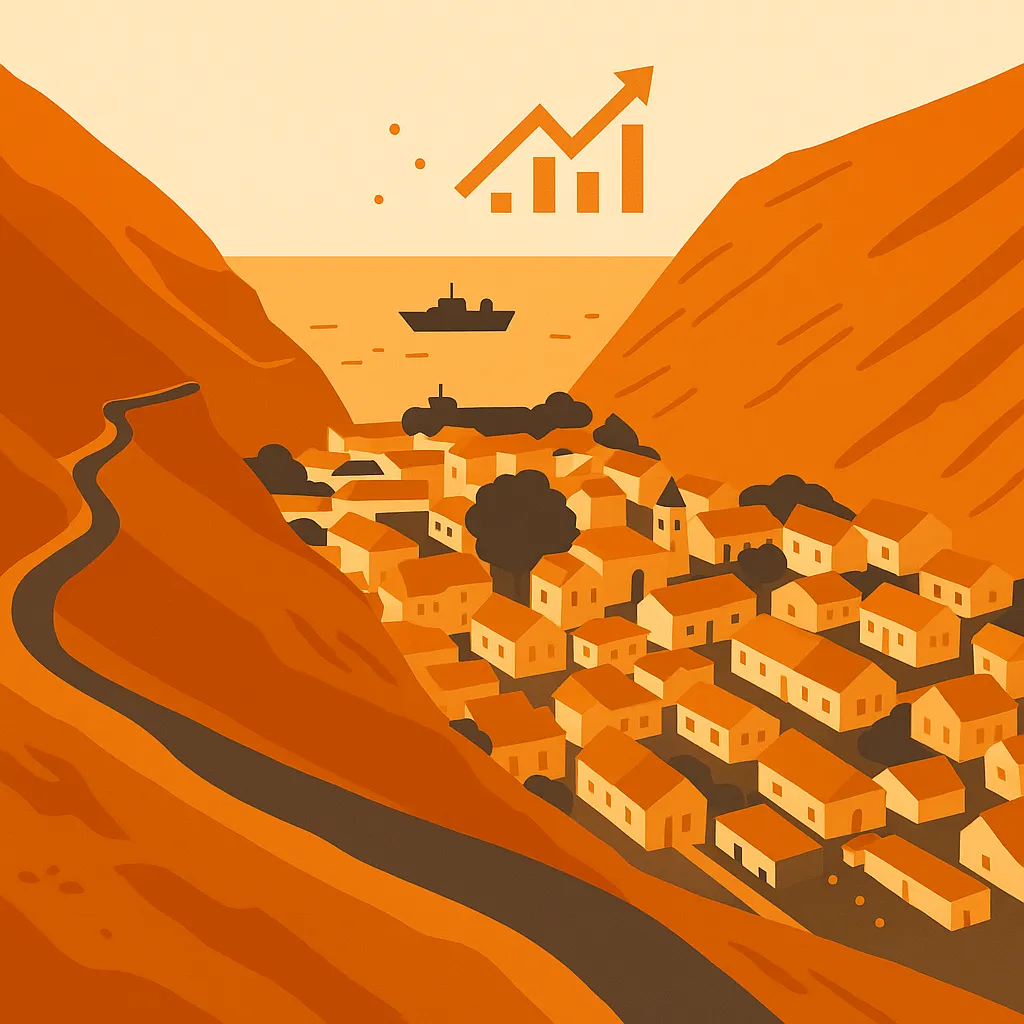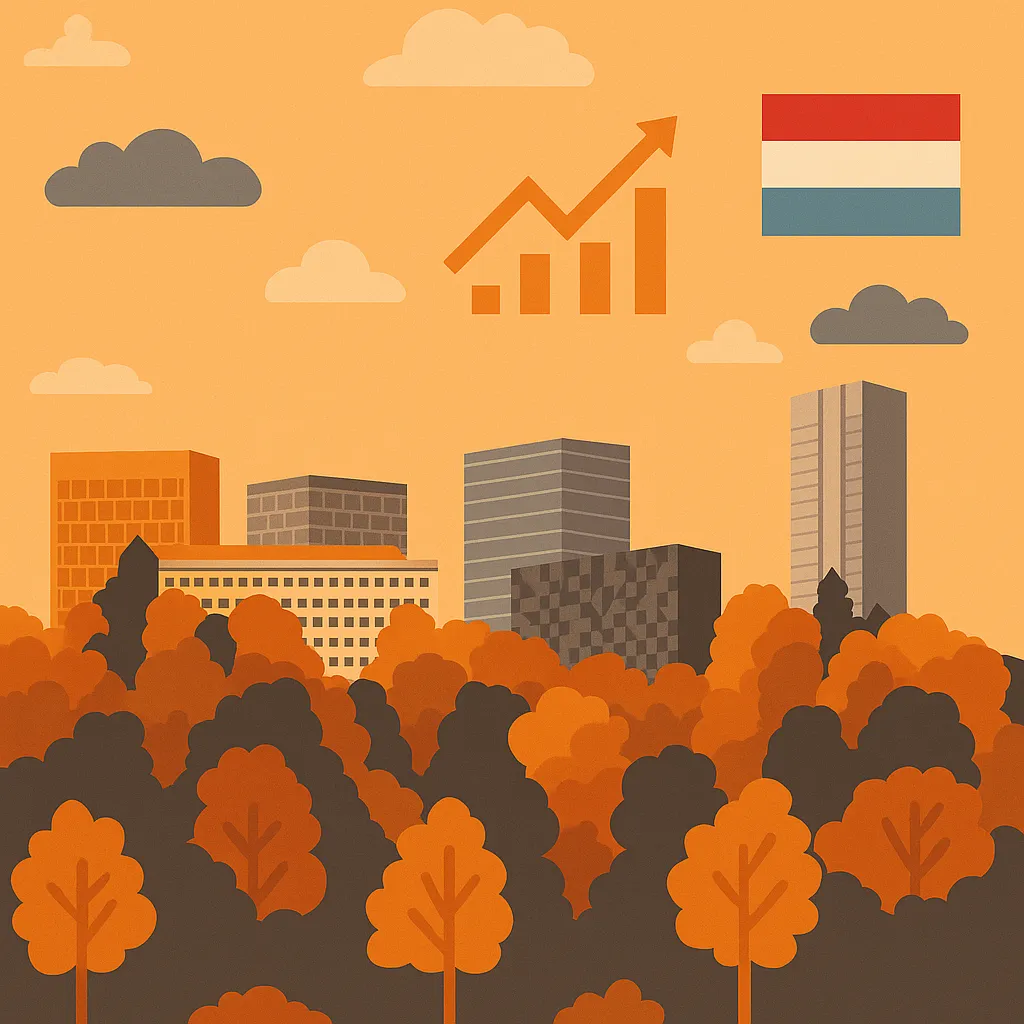
St Helena is an encompassing island subdued in the South Atlantic. It is utterly isolated but unbelievably stunning at the same time. The pristine beauty amounts to an underestimate of what it can serve to tourism. Being a British Overseas Territory, it is home to just over 4500 residents which puts an extremely high economical and developmental burden on the country as a whole. With the aid of economists the territory is blooming through sheer hardwork and effort. These dedicated individuals are carving strategies that will cement the prosperity of the island. It is time to look into why economists put in such extensive effort into St Helenas economy and how the land blooms in broad terms.
Assessing St Helenas Economical Factors
The economy possesses extraordinary facors such as fishing and coffee production. Beside them lie the growth boosted pillars of the economy which include tourism and digital entrepreneurship. Although the multifaceted aspects can boost the islands economy, they also lead to a lot of hurdles such as tough competition and over dependence on imports for sustaining the economy.
Economists: The Quiet Influence of St Helena’s Government
Economists have a quiet yet pivotal role in St Helena’s government. He or she provides strategic counsel to ministers and senior officials on the current situation, impacts of policies and further growth prospects of the economy. Their work comprises an extensive list of duties, right from macroeconomic forecasting to formulating and revising initiatives such as the Sustainable Economic Development Plan and Labour Market Strategy.
One of their main goals include increasing exports and decreasing imports. Balanced books are one thing, but that’s only part of the picture. St Helena is trying to develop a robust, self-sufficient economy that can weather global shocks while improving the quality of life for everyone on the island.
Macroeconomic Forecasting: The Future Is Now
Macroeconomic forecasting is at the very core of an economist’s work. It involves estimating important key fundamentals such as inflation rates, revenue forecasts, and other vital criteria. On St Helena, precision is vital when it comes to planning and decision making.
Sure! Here’s a more dynamic copy of the given excerpt:
For example, reliable revenue forecasts enable the government to optimally allocate resources, ensuring critical services continue to receive funding while budget cuts will not result in funding shortages. However, economists go beyond predicting figures; they also provide advice in a variety of crucial policy areas:
- Tax reforms for boosting investment
- Foreign policies for attracting immigration
- Welfare policies that cater to the most vulnerable
Each policy recommendation emerges from a combination of sophisticated rigor and in-depth knowledge of the island’s realities and history.
Stimulating Growth in the Private Sector
A underpins a durable economy, and private sector contribution is paramount to make it functions efficiently, and the economists in St Helena are focusin g on cultivating the ecosystem for entrepreneurs to thrive. It also involves the removing of difficult types of financing, regulatory systems, and infrastructural voids.
Let’s look at specific examples in the support of small and medium-sized enterprises (SMEs). Economists could advocate for improved lending policies or suggest enhanced digital infrastructure to attract tech startups and remote work opportunities. This way, they fuel private sector expansion, stimulate employment, creativity, and economic diversification.
Shaping Investment and Regulatory Policies
Other economists have a very particular purpose and that is to assist in the investment and regulatory framework of the island. They make sure that the policies are consistent, non-discriminatory,s and that they allow for market entry and expansion. This could imply simplifying licensing and removing bureaucratic blockades, or even creating new policies aimed at increasing foreign direct investment (FDI).
In terms of larger economic policies, economists concentrate on promoting the flow of capital into renewable energy, tourism infrastructure, and cutting-edge digital technologies that aid in achieving sustainable development of St Helena. The islands advancement also undergoes acceleration through the additional means directed towards economic development.
Attracting New Demographics for New Challenges to Solutions
Another challenge that the island faces that is of utmost priority is its elderly population. So having a working population as the main core driver of value creation is an essential contribution for growth. Economists have the steerhead on this issue by formulating retention policies for local and global skilled labor.
It’s more than just balancing the books; It’s about life quality metrics. Apart from the careful St. Helena budget, economists put a lot of attention on healthcare, education, and housing, making a case why these are necessary to enhance propensities to work on the island. Together with other stakeholders, their target is to develop a functional, progressive society which is proactive to changes in flow trends.
Economist Case Studies: Understanding Their Practical Impact
To understand how these concepts work, consider two examples in which economists have had a measurable impact:
1. Stimulating the Coffee Industry
The coffee of St Helena is famous for its quality, nonetheless, the industry faces some challenges. Economists worked together with local producers to understand the most pressing issues, including poor access to credit and inefficient production techniques. What did they do? Provided lower-interest loans for modern equipment, along with training sessions on farming methods. The result? A rejuvenated coffee industry that is expanding exports, creating employment opportunities, and increasing per capita income.
2. Inviting Digital Nomads
With the emergence of remote working, economists recognized the chance to invite digital nomad visitors to the island. They put in place policies designed to transform St Helena into a hub—marking improvements in internet connectivity, providing tax benefits, and establishing a friendly atmosphere. What were the effects? There is now a growing population of remote workers who, in addition to bringing fresh perspectives, are boosting economic activity on the island.
Path Forward: Future Directions for St Helena’s Economists?
As previously mentioned, St Helena will continue to grow and have its challenges. This will require forward looking economists for planning purposes. There are two key fields:
- The Green Economy: Economists will create plans for minimizing carbon emissions while growing renewable energy, sustainable agriculture, and eco-tourism ventures.
- Digital Transformations: As the world digitally advances, economists will stimulate policy for greater internet access, encourage digital entrepreneurship and ensure equal distribution of technology benefits.
Conclusion: Today’s Actions for Tomorrow’s Vision
Policymaking is only part of the role in the St Helena operational framework. Economists are strategically placed to enhance resilience planning and forecast requiring smart investment public works initiatives. Their work on modern investment models alongside traditional industries using data-driven insight is the blueprint for transformative change.
For any economists searching for a career challenge in a South Atlantic island, St Helena looks to be the perfect fit. Here work goes beyond the spreadsheets to policy editing, life changing, and bettering the customs of the undersized populace.



